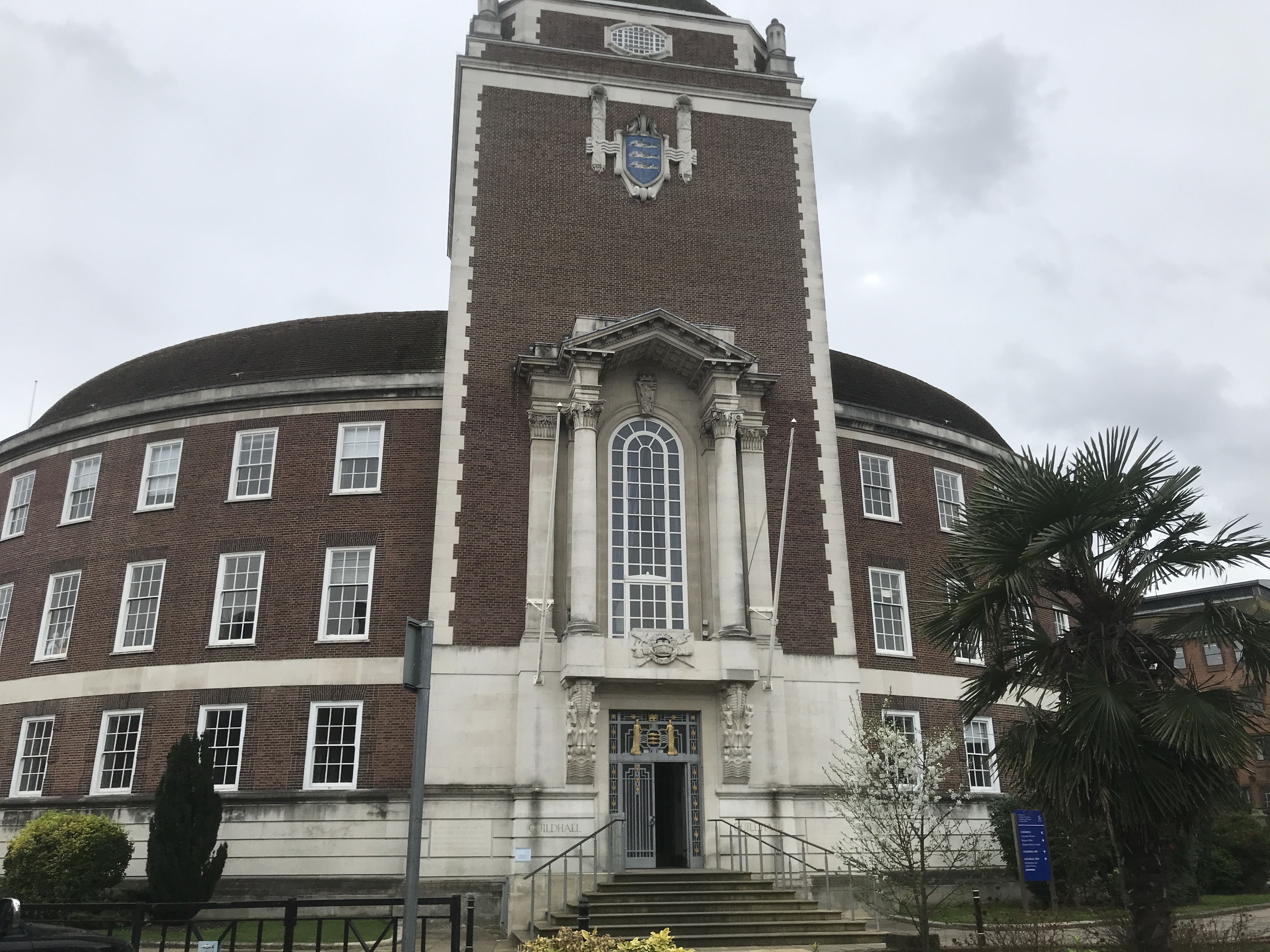Kingston Council has decided against naming a footpath after war veteran General Everard Baring because of his family links to the slave trade.
The currently unnamed footpath will connect Kingston to Merton and plans were originally introduced to name it after Baring because he was a general in World War One and born in Kingston.
The Council said: “As part of the internal checking procedure it was found that family name had historical connections to the slave trade so the proposal was not progressed.”
Baring joined the army in 1884 and he was promoted to captain in 1890.
He received a further promotion to major in 1898 after involvement in the Nile Expedition, a mission to evacuate Egyptians from Sudan.
Baring commanded a brigade in World War One in 1916 and when he retired became Director of the National Provincial Bank in Bishopsgate, London.
Kingston residents took to social media to discuss the Council’s decision, with some supporting it and others thinking it an example of cancel culture.
“His military career wasn’t all that remarkable, he was one of the donkeys that led lions,” said Kingston resident John O’Connell.
“It seems like the honour has been bestowed on him because he was wealthy, from a titled family, and had a famous name.”
Cancel culture or not?
Much of the debate around the issue has centred on whether Baring’s family name should be enough to prevent him from being honoured.
On the one hand Baring benefitted from the slave trade but on the other he was not directly involved in it.
Kingston resident Brian Duffy said: “A man should be measured by his merits. Not the faults of his fathers.
“This cancellation demonstrates the over extending reach now of the people pushing for whatever they see as the middle or balance.”
Other residents said they were aware of how Britain benefitted from the slave trade.
“The problem is that everybody is a flawed character and if one looks hard enough it’s possible to find problems with their life,” said Jack Williams.
“If the person in question celebrated or benefitted directly from slavery then cancellation is right, but in doing so we need to acknowledge that everybody in Britain has benefitted to differing degrees from the industrial revolution and having an empire.”
Williams also said we should not forget those who fought for our freedom.
“People were asked to fight to defend this country, which they did, and we should be proud of what they saw as their duty,” he said.
“We should be proud and incredibly grateful to those who fought for our liberties. It is far too easy to forget or worse still sneer at previous generations,” Williams said.
Moving forward
The Council has said it has not yet decided on a new name for the route.
Some residents would like to see the route named after another important person in the history of Kingston whereas others do not feel as strongly.
“I am happy to have or not have footpaths named after people, my preference would be Olympic sports people. I think I’d be a lot less enthusiastic if Conservative politicians were suggested,” Williams said.
Some would like to see Kingston do more to remember its positive history not just its involvement with war.
“Why mark a town with scratches in a bed post about the wars it’s been in,” said Duffy. “Mark progress even if it’s a step back.”






